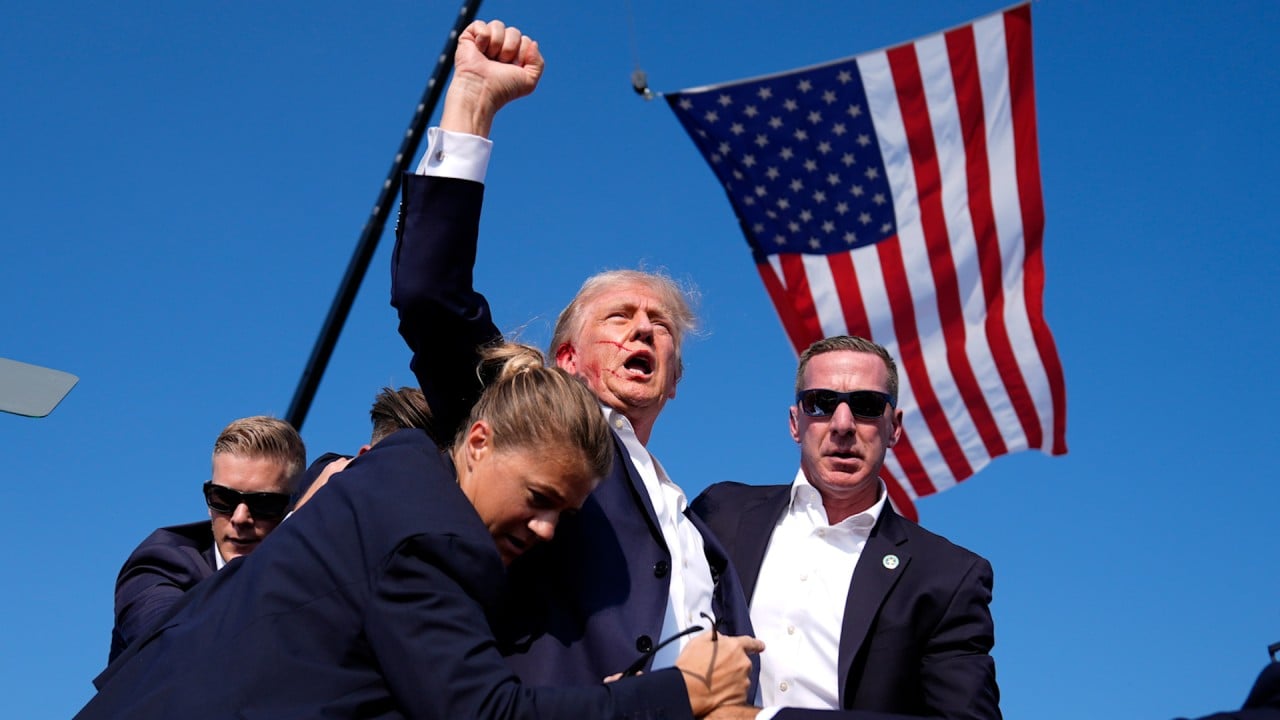Special counsel urges appeal court to reinstate classified documents case against Trump
“In ruling otherwise, the district court deviated from binding Supreme Court precedent, misconstrued the statutes that authorised the Special Counsel’s appointment, and took inadequate account of the long-standing history of Attorney General appointments of special counsels.”
In a statement on Monday, Trump campaign spokesman Steven Cheung said “not only should the dismissal of the Lawless Indictment in Florida be affirmed, but be immediately joined by a dismissal of ALL the Witch Hunts”.
The case, one of four federal and state prosecutions brought against Trump, includes dozens of felony charges that Trump illegally retained classified documents from his presidency at his Mar-a-Lago estate in Palm Beach, Florida and obstructed the government’s efforts to get them back. Trump has pleaded not guilty.
At issue in the appeal is a provision of the Constitution known as the Appointments Clause, which requires presidential approval and Senate confirmation for certain public figures, including judges, ambassadors and “all other officers of the United States”.
But the clause also includes an exception for what it says are “inferior officers” who can be appointed directly by the head of an agency. Smith, according to the Justice Department, fits that category and Garland was empowered to name him directly to the role of special counsel.

Smith was appointed special counsel in November 2022 by Garland to investigate Trump’s handling of the documents as well as his efforts to undo the 2020 presidential election ahead of the January 6 riot at the US Capitol in 2021. Both investigations resulted in criminal charges, though the election subversion prosecution also faces an uncertain future following a US Supreme Court decision last month that conferred broad immunity on Trump and narrowed the scope of the case.
Defence lawyers in the classified documents case had argued that Smith’s appointment violated the Appointments Clause, a motion that prompted Cannon to hold a multi-day hearing in June. The judge sided with the defence, saying that no specific statute permitted Garland’s appointment of Smith and that Smith was unlawfully appointed because he had not been named by the president or confirmed by the Senate.
But prosecutors said on Monday that no fewer than four statutes give the attorney general the power to appoint a special counsel like Smith – an authority they said has been recognised for decades by judges across the country.
“From before the creation of the Department of Justice until the modern day, Attorneys General have repeatedly appointed special and independent counsels to handle federal investigations, including the prosecution of Jefferson Davis, alleged corruption in federal agencies [including the Department of Justice itself], Watergate, and beyond,” Smith’s team wrote.
Cannon’s ruling, prosecutors said, suggests that every special counsel who’s been brought in from outside the Justice Department was invalidly appointed and that “Congress repeatedly overlooked the persistent pattern of errors.”
“But,” they added, “it also goes much further. If the Attorney General lacks the power to appoint inferior officers, that conclusion would invalidate the appointment of every member of the Department who exercises significant authority and occupies a continuing office, other than the few that are specifically identified in statute.”
A three-judge panel of the same appeal court overturned Cannon in December 2022, ruling that she had overstepped her bounds during the documents investigation by appointing an independent arbiter to review the classified records seized by the Federal Bureau of Investigation (FBI) at the Mar-a-Lago estate.

